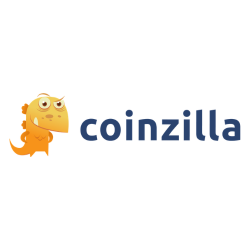Dive Brief:
- Users of ad-blocking software skew heavily young and male, with males 27% more likely to use an ad-blocking app and those aged 18-to-24 109% more likely to use the technology than average, according to data from Kantar Media provided to Marketing Dive.
- Propensity to use ad blockers also correlated with higher rates of internet activity, with adopters having a 134% higher chance of being particularly social online; 121% more likely to use the internet as a source for information when conducting research; 145% more likely to use the internet for entertainment and leisure via streaming music, podcasts and video content across devices; and 173% more likely to download content such as music, films, TV shows or games.
- Kantar's research also found correlations with purchasing behavior: Ad block users are 30% more likely to signal quality as a key determinant of purchasing behavior and are particularly influenced by peer recommendations and reviews both online and through word of mouth (74%). Thirty-four percent said a brand's reputation is another potential detriment, but 25% said they are particularly influenced by promotions, discounts or other sales offers.
Dive Insight:
While research on who exactly is adopting and using ad-blocking technology tends to trend all over the map, the digital advertising industry should find a couple of broader points in Kantar's results troubling. For one, it is clear that younger demographic groups are finding the technology more appealing than their elders and adopting early. That means that many consumers will become accustomed to an ad-free internet experience as they mature, and might find the appearance of any ads that can skirt ad blockers doubly intrusive and grating.
Beyond demographic correlations, ad block adoption is also strikingly popular among the most engaged internet users. Those users are a high-value audience for advertisers, as they turn to the internet more frequently for entertainment and research and would presumably receive the most exposure to digital ads and branding with their software disabled.
The Kantar findings come as industry understandings of the reasons behind ad block adoption often appear at odds. Organizations like the IAB and the Coalition for Better Ads have blamed ad block adoption on poor quality ads that degrade the user experience, but recent studies have found many consumers say they simply want to avoid ads altogether regardless of quality, which potentially poses an even greater obstacle for marketers.












